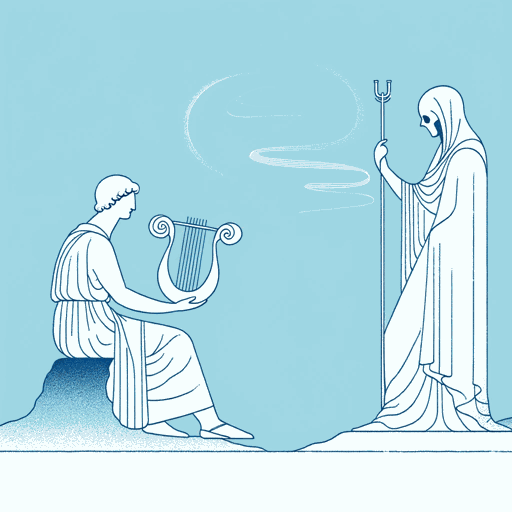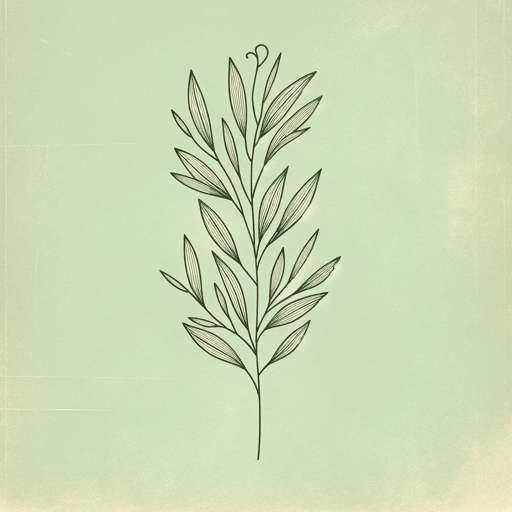42 pages • 1 hour read
EuripidesHippolytus
Fiction | Play | Adult | Published in 428A modern alternative to SparkNotes and CliffsNotes, SuperSummary offers high-quality Study Guides with detailed chapter summaries and analysis of major themes, characters, and more.
Lines 1151-1466Chapter Summaries & Analyses
Lines 1151-1282 Summary (Fourth Episode and Fourth Stasimon)
One of Hippolytus’s servants enters as a Messenger. He tells Theseus and the Chorus that Hippolytus is dying. In a long speech, the Messenger relates how Hippolytus was riding his chariot along the coast when a great bull emerged from the sea, frightening his horses. Hippolytus made a valiant effort to control his horses but was finally thrown from the chariot. Caught in the reins, he was brutally trampled and mangled. Now, dying, he is being brought back to the city.
The Messenger ends his speech by asserting his belief in Hippolytus’s innocence. Theseus accepts the news composedly: He is glad that Hippolytus has been killed, though it would be impious to openly rejoice. As the Messenger exits, the Chorus sings a brief fourth stasimon in which they describe the scope of Aphrodite’s dominion, which extends to all living things.
Lines 1283-1466 Summary (Exodos)
The goddess Artemis appears on the roof of the house. She reveals to Theseus the enormity of what he has done: He has killed his innocent son based on false accusations: “Among good men,” she tells him, “you have no share in life” (1295). She tells Theseus the truth about Aphrodite’s plan to destroy Hippolytus and about Phaedra’s desire and ultimate deceit.
Related Titles
By Euripides

Alcestis
Euripides

Cyclops
Euripides

Electra
Euripides

Hecuba
Euripides

Helen
Euripides

Heracles
Euripides

Ion
Ed. John C. Gilbert, Euripides

Iphigenia in Aulis
Euripides

Medea
Euripides

Orestes
Euripides

The Bacchae
Euripides

Trojan Women
Euripides
Featured Collections
Ancient Greece
View Collection
Books on Justice & Injustice
View Collection
Daughters & Sons
View Collection
Family
View Collection
Fate
View Collection
Mythology
View Collection
Pride Month Reads
View Collection
School Book List Titles
View Collection
Tragic Plays
View Collection
Truth & Lies
View Collection
Valentine's Day Reads: The Theme of Love
View Collection

